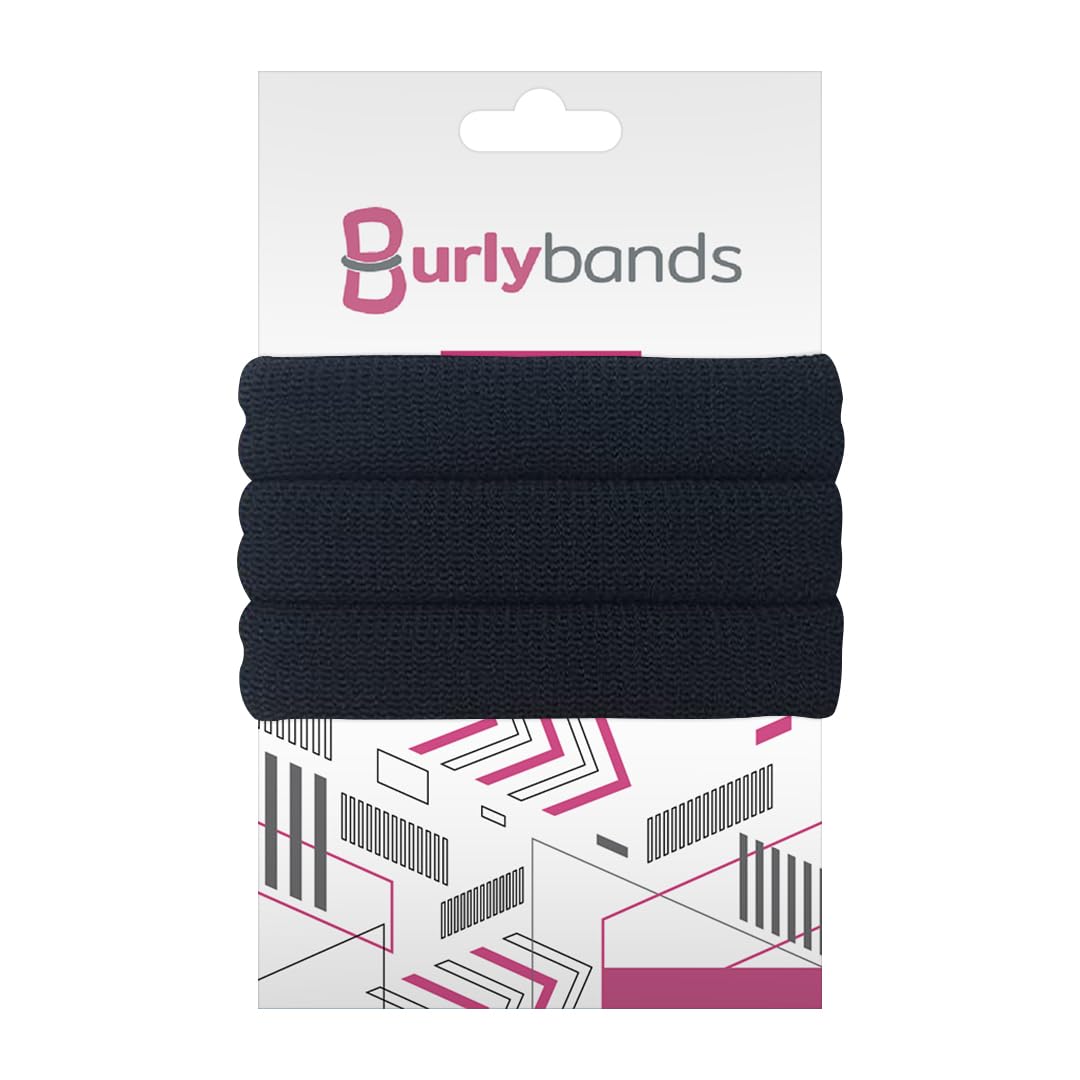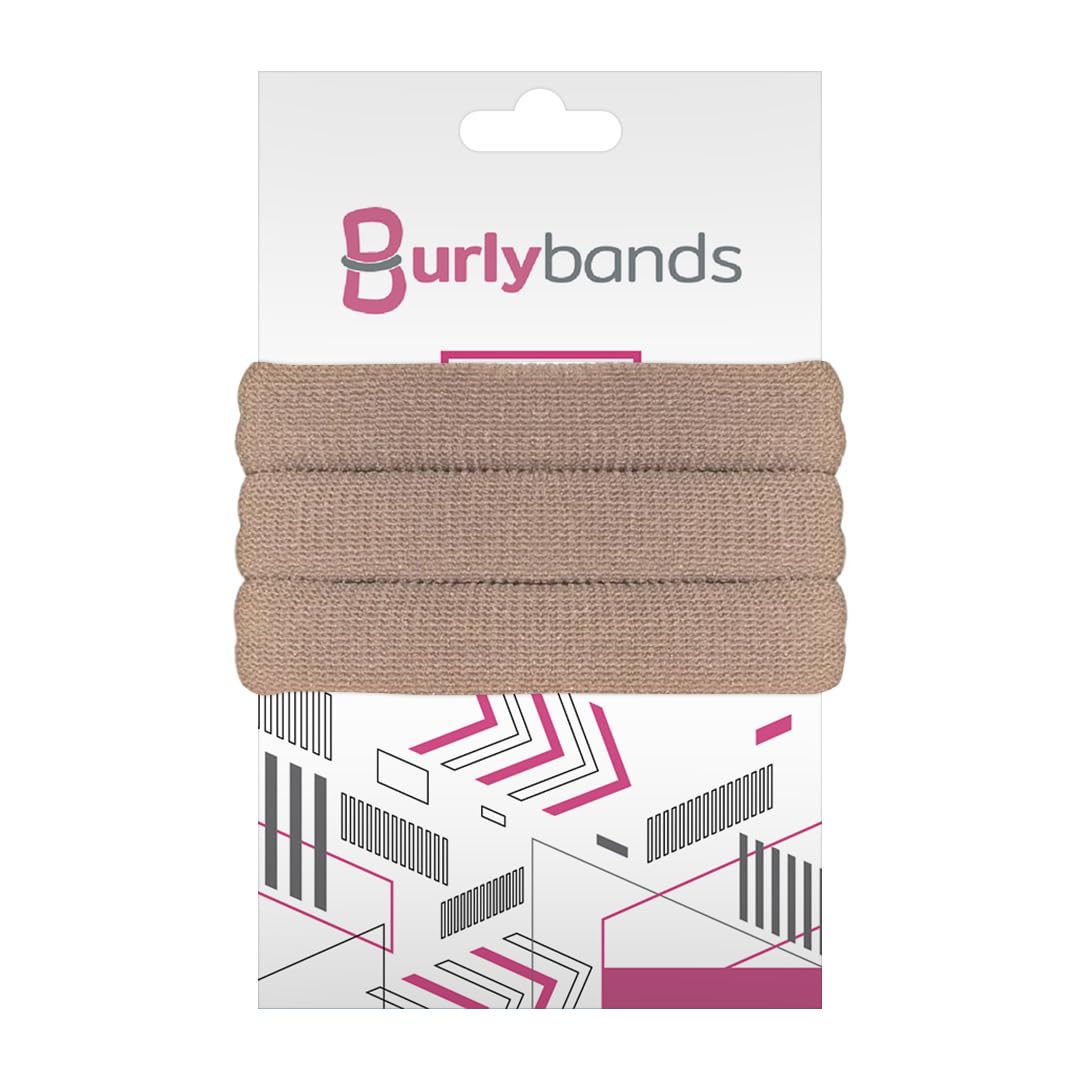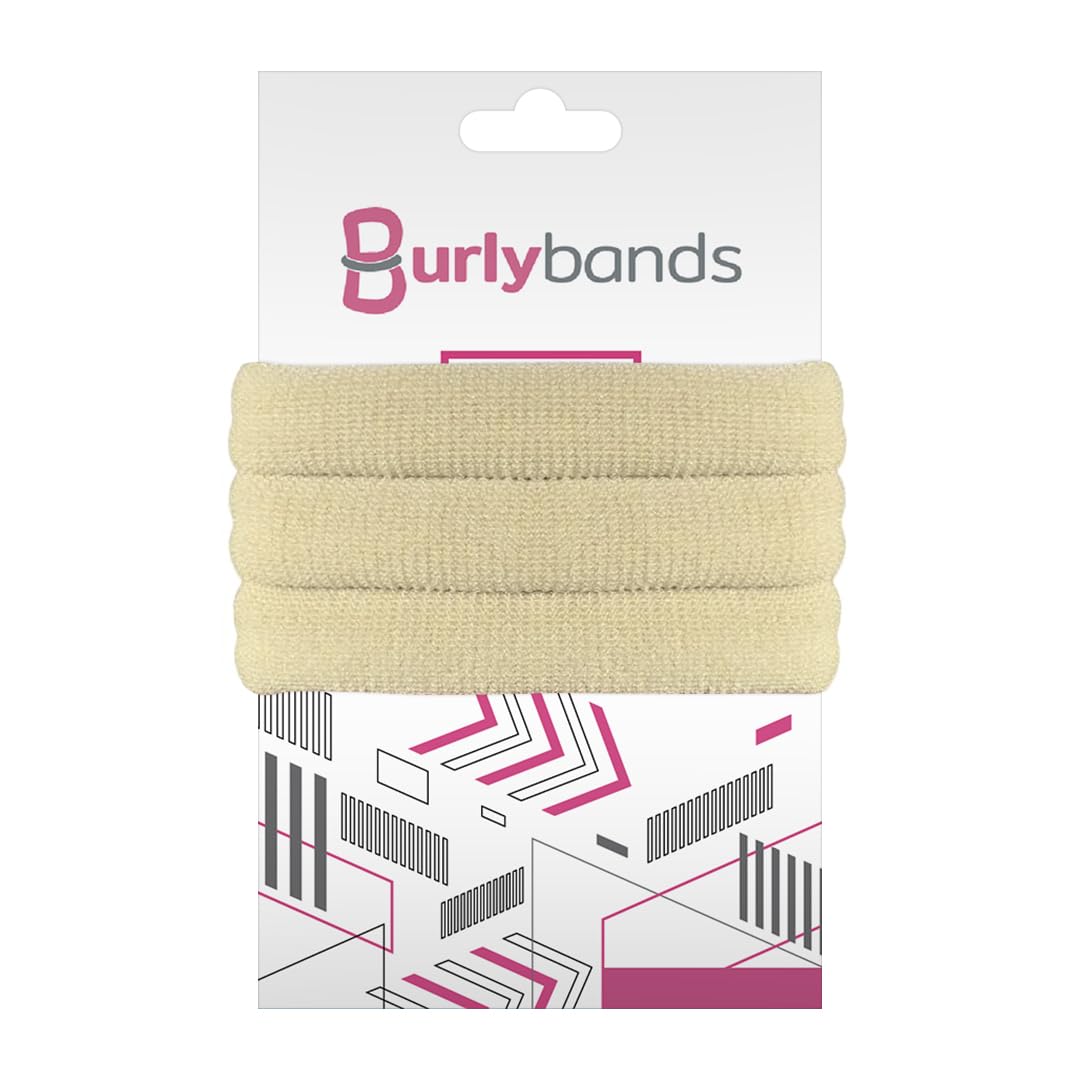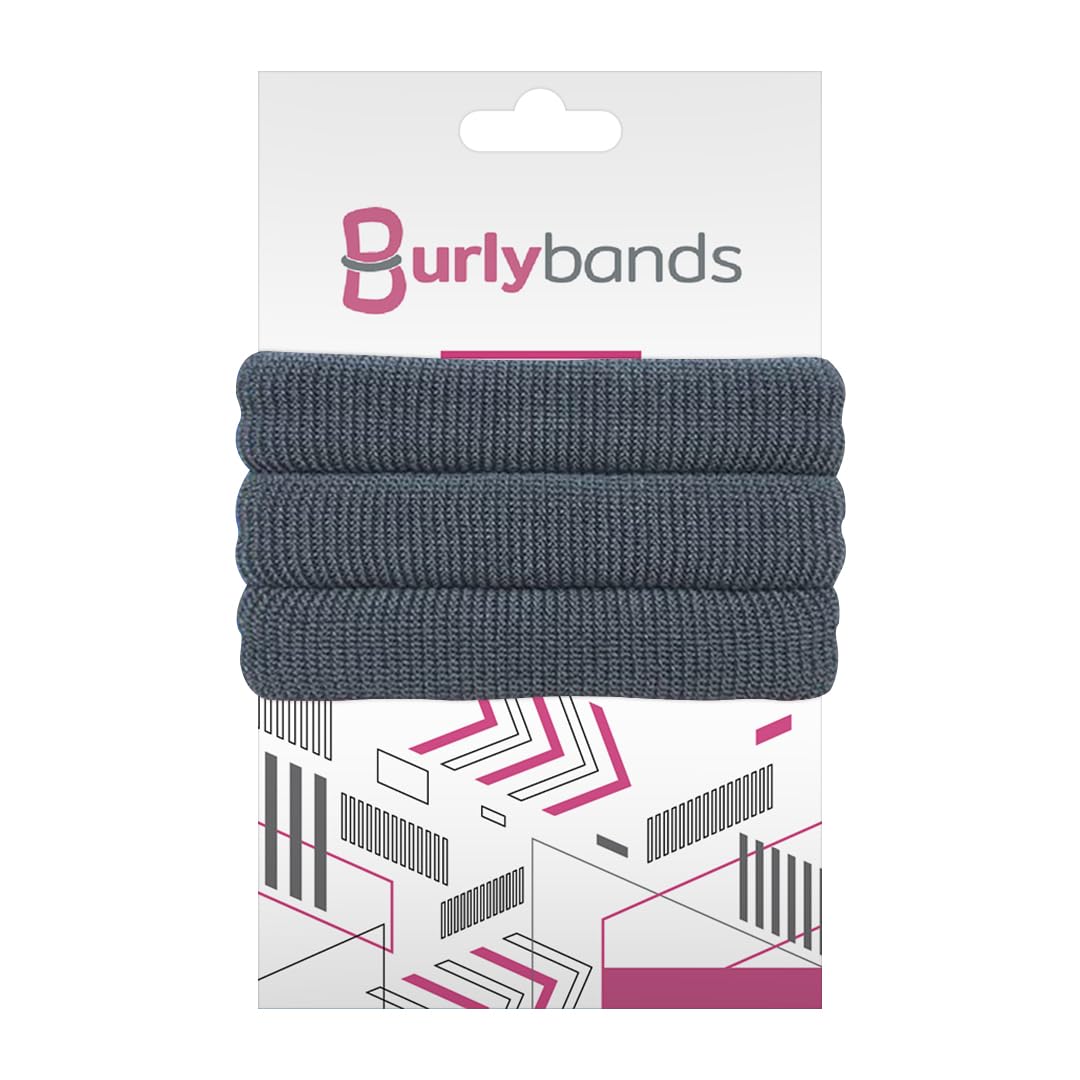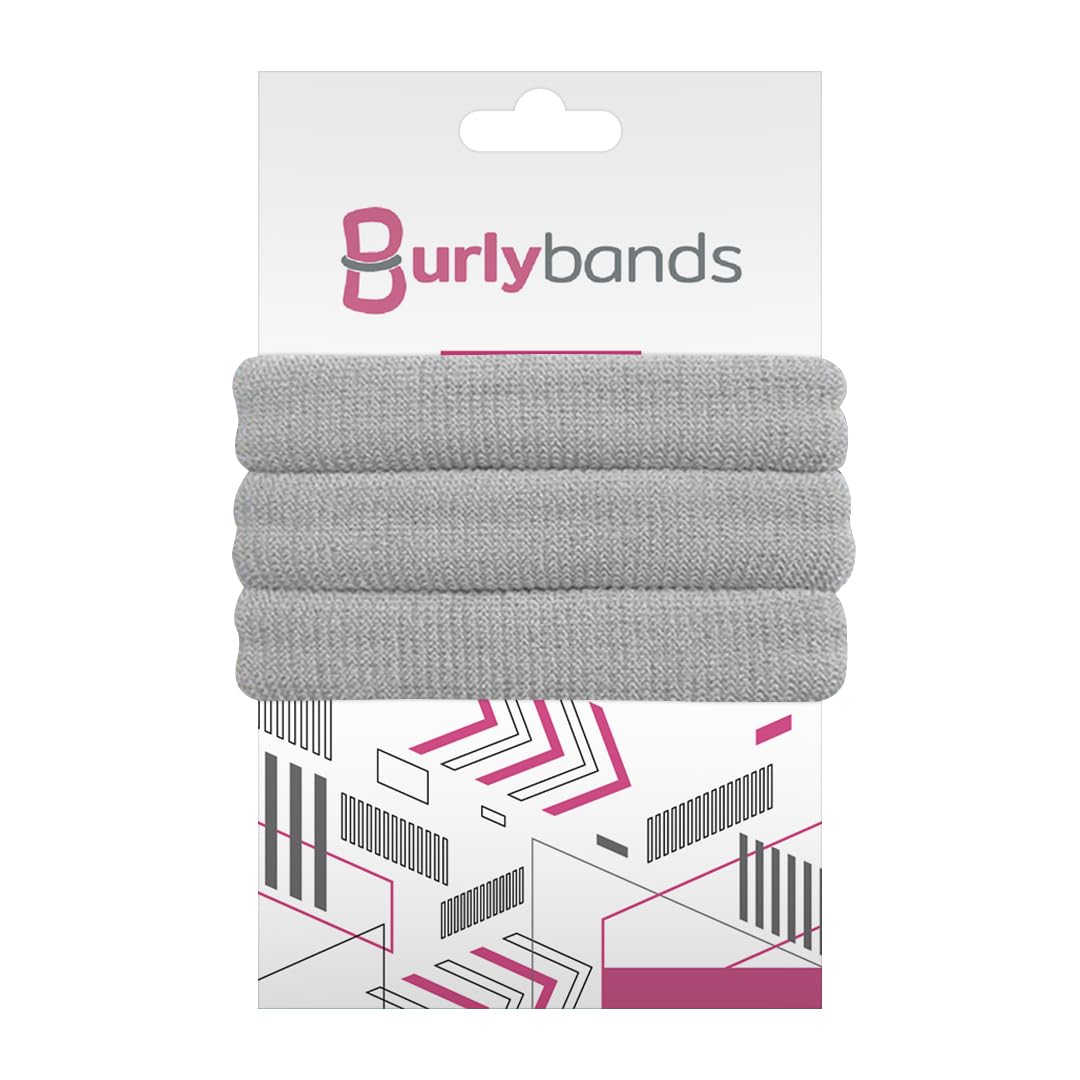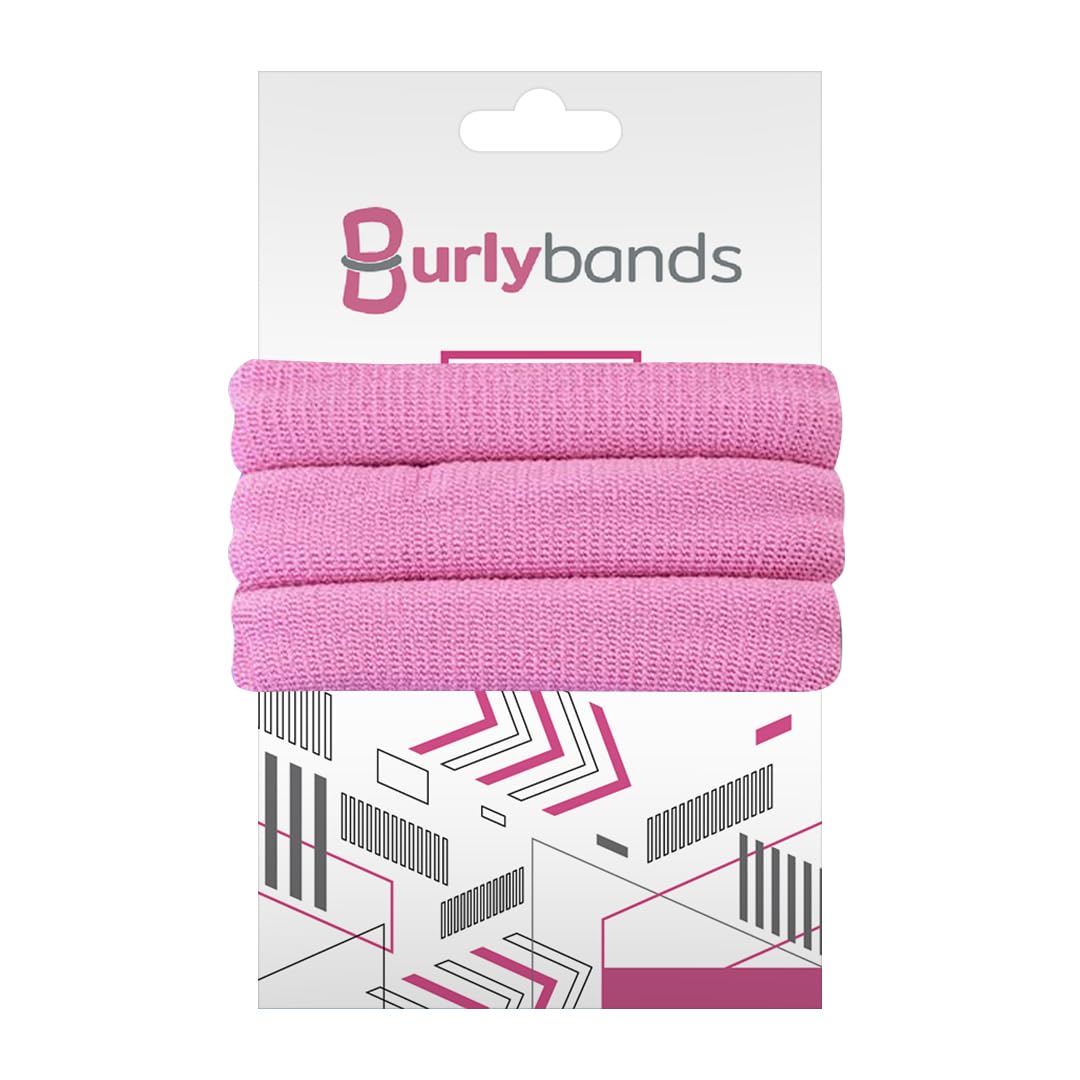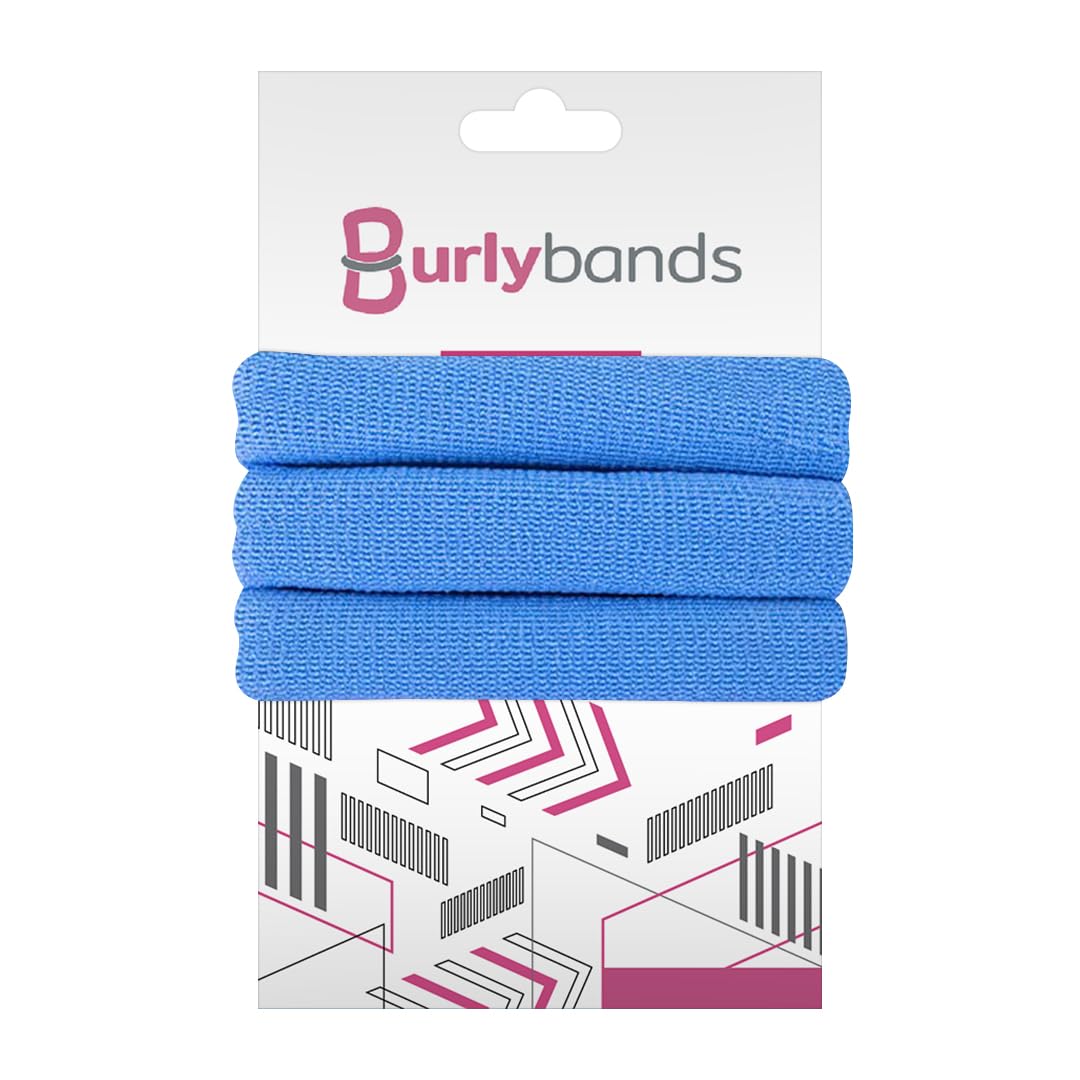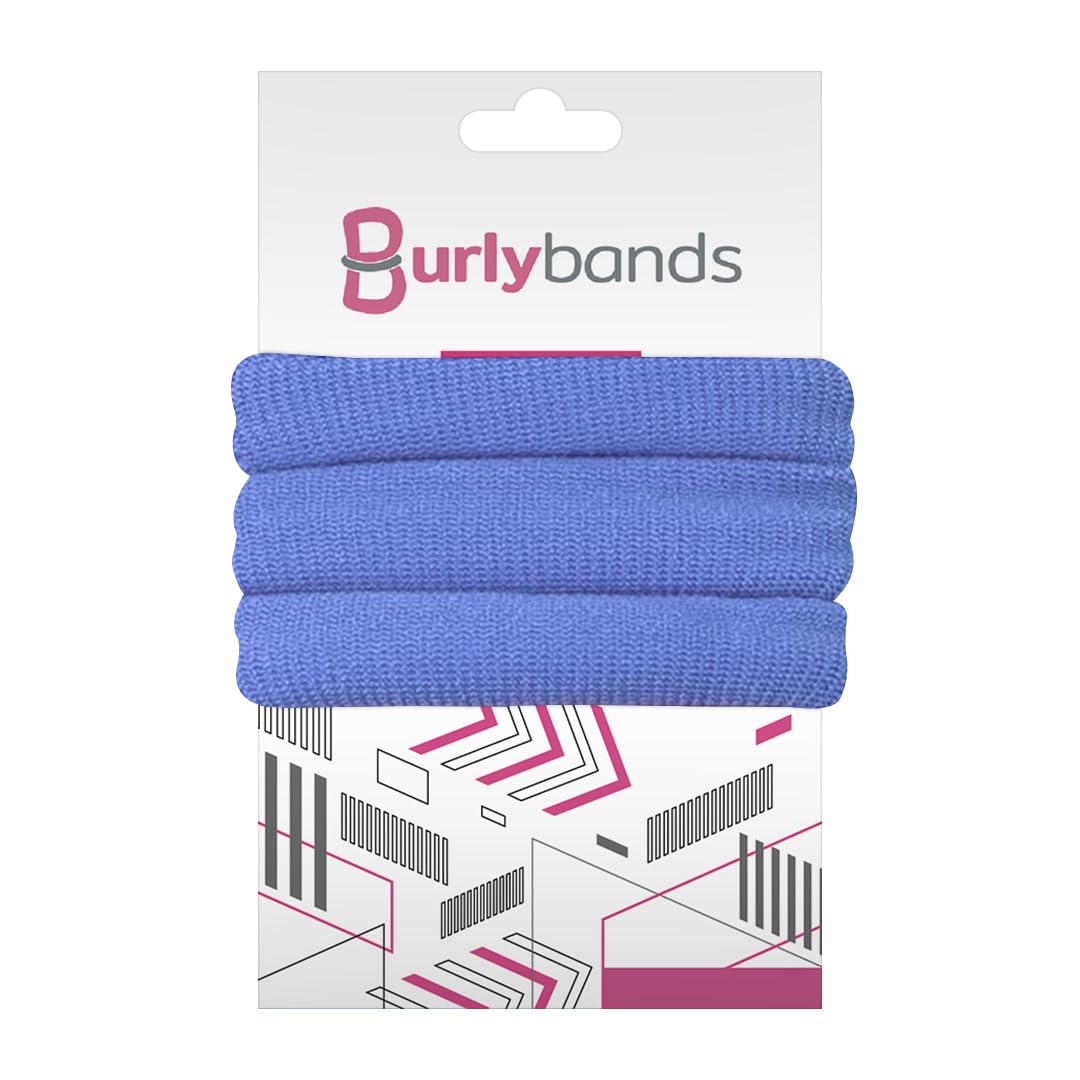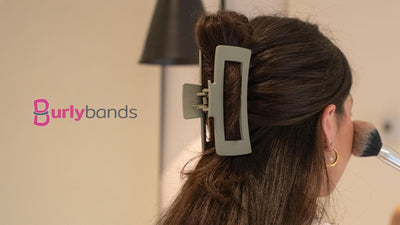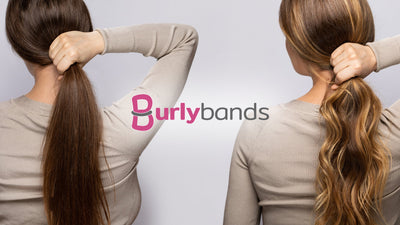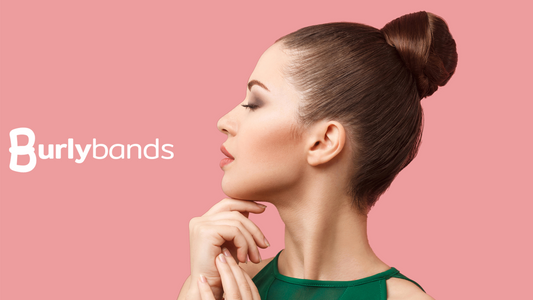Thick hair is always in trend, but it's not always flash and glam for some people with thick hair. More hair equals more work, and thick hair has a tendency to become poofy and frizzy, leaving you yearning for a sleeker appearance.

Credit: Envato Elements/ YuriArcursPeopleImages
Maintaining thick, healthy hair isn't easy, but it can be made a lot easier. There are various practical tips and tricks that can significantly improve the appearance and feel of your hair, and we've chosen to share our topmost successful tricks to help you manage your locks. First, let's understand what causes frizzy hair.
What Causes Frizzy Hair?

Credit: Envato Elements/ shotprime
Summer heat can offer more than just wonderful things if you live in a humid climate. It can also bring frizz. Frizzy hair is especially common for those of us who have thicker hair.
But, as bothersome as frizzy hair can be, most of us don't know what causes it, which means we're clueless about the best method to deal with it. But don't worry; we'll be happy to answer any questions you may have.
1. Humidity

Credit: Envato Elements/ YuriArcursPeopleImages
This is why, on a hot, humid summer day (or while you're on vacation somewhere warm), your hair becomes frizzy.
Monica Davis, a professional hairstylist, adds, "The dry cuticle becomes harsh and open for humidity." "A humid climate causes overdried hair to become frizzy because the outer layer absorbs moisture from the air and expands."
2. Hair Products That are Too Harsh

Credit: Envato Elements/ iripetrakova
"Chemicals or harsh chemicals deplete the hair's natural oils," adds hairstylist Kim Kimble. "Because your natural oils smooth the hair, fully removing them can cause your hair to frizz."
The following are examples of harsh hair products:
- products containing sulfates
- products containing alcohols
- hair color
- perms
3. The Ends of Your Hair are Damaged

Credit: Envato Elements/ kitzstocker
Do you have fragile, split ends? Frizz is almost always caused by damaged hair. Furthermore, the longer those split ends remain, the greater the risk of hair damage creeping up your hair strands and wreaking even more havoc.
What you should do to maintain your hair looking and feeling its best: Get frequent haircuts every six to eight weeks.
4. You Use a Rough Hair Towel to Dry Your Hair

Credit: Envato Elements/ maksymiv
Wrapping your hair with an abrasive bath towel will quickly remove moisture from your hair, causing frizz. Friction can also result in clumps and malformed coils if your hair is thick and curly.
What You Should Do: Dry your hair with a microfiber towel. This can aid in the control of frizz and the reduction of hair damage caused by incorrect drying.

Managing Thick Hair
1. Give Your Scalp and Hair a Coconut Oil Massage

Credit: Envato Elements/ LightFieldStudios
Coconut oil is a more natural approach to keep your thick hair happy. When your body or hair needs a moisture boost, coconut oil is a fantastic product to use. It's high in fatty acids, which assist to reduce split ends and give shine. It also enters the hair shaft and has antifungal properties (a secret weapon against dandruff!).
Apply lukewarm coconut oil to your hair and scalp, rubbing it in to improve circulation (more on the hair than directly on the scalp). Then, in the shower, wash it out with a sulfate-free shampoo. Once a week or so, do this, leaving it in for about an hour before washing it out.
2. Choose a Shampoo That is Free of Sulfates
A sulfate-free shampoo will be your best friend if your thick hair is frizzy. Sulfate is an abrasive cleaner that removes the skin's natural oils. This might dry out and brittle your thick hair, especially if you use it every day!
You'll have to spend a little more time cleansing your scalp if you use a sulfate-free shampoo. Sulfate shampoos provide a luscious lather and do the dirty work of washing your scalp with no effort on your part. To obtain the same outcome using a sulfate-free shampoo, you'll need to cleanse your scalp for longer.
3. Make Sure You Have Enough Hair Vitamins on Hand

Credit: Envato Elements/ Garnar
Have you considered tackling frizz from the inside out? Hair is an essential component of your body, and a healthy body equals a healthy head of hair. Dry hair frequently lacks the vitamins and moisture it needs to stay healthy, and getting those nutrients from within is the most efficient method to get them.
The good news is that there are a variety of good hair vitamins that are worth investing in if your hair isn't doing so well. Vitamin A, biotin, and vitamin E are the vitamins you need the most, so pick up a pack the next time you're at the drugstore. Your hair will appreciate it.
4. Before Blow-Drying Your Hair, Use a Heat Protectant
Always use a heat protectant spray on your hair when heat styling it to prevent damage. Apply a thin coating of heat protectant to all of your hair.
Although a heat protectant can help to reduce damage, heat styling is still harmful to your hair. Your hair will be protected from damage if you choose a low or medium setting. Stick to the lowest setting that your hair will tolerate.
5. Apply a Serum
Apply a serum to your tresses on a daily basis to keep them moisturized and manageable. When thick hair is dry, it is more prone to frizzing and tangling, therefore keeping it moisturized is crucial. A hair serum adds oil to your hair and helps it retain moisture. Rub a pea-sized amount of serum into your hair, beginning at the ends, with your palm. Apply the serum to the bottom 3/4 of your hair and work it in.
Don't apply the serum to your roots since this can make your hair look oily. You may use the serum on wet or dry hair, but make sure to read the guidelines on the bottle.
Once a week, apply a hydrating mask to your hair to keep it soft and lustrous.
6. Apply a Hydrating Mask
A hair mask can make your hair feel softer and more lustrous. Choose a hair mask that suits your hair type, whether it's dry, oily, or textured. Then, as recommended on the package, apply the mask. Allow for the required length of time for your mask to set before rinsing it off with cool water.
7. Allow Your Hair to Air Dry
You probably don't appreciate waiting for your thick hair to dry because air drying takes an eternity. Air drying your hair, on the other hand, is considerably healthier for your hair's health. When possible, let your hair air dry. You could wash your hair in the evening and let it dry before going to bed.
8. Thin Your Hair
Have you had your hair thinned before? If you have, you are probably aware that, while it may not appear to be any different, it will feel roughly half as thick as it formerly did. If you've never had your hair thinned, you should learn about it right away because it can make your hair a lot more manageable.
Thinning shears, which look similar to conventional scissors but have a thick, serrated edge, are used for thinning. They're designed to remove roughly 15% of hair's volume without affecting its style or length. However, make sure your stylist uses shears rather than a razor to thin your hair, as the razor can cause quite a bit of damage.

Summary
In just a few weeks, these genius tips will make thick hair much healthier, shinier, and more manageable. By following the proper hair care techniques and making simple lifestyle changes, you’ll be well on your way to healthier thicker hair!
If you're searching for the perfect hair tie, try Burlybands, which are damage-free and soft on your hair. This way you can keep styles you love and keep the hair you love even more. They are an accessory that works with you, and not against you. They are the best choice for your hair type, be it thick or thin hair.
 Log in
Log in


